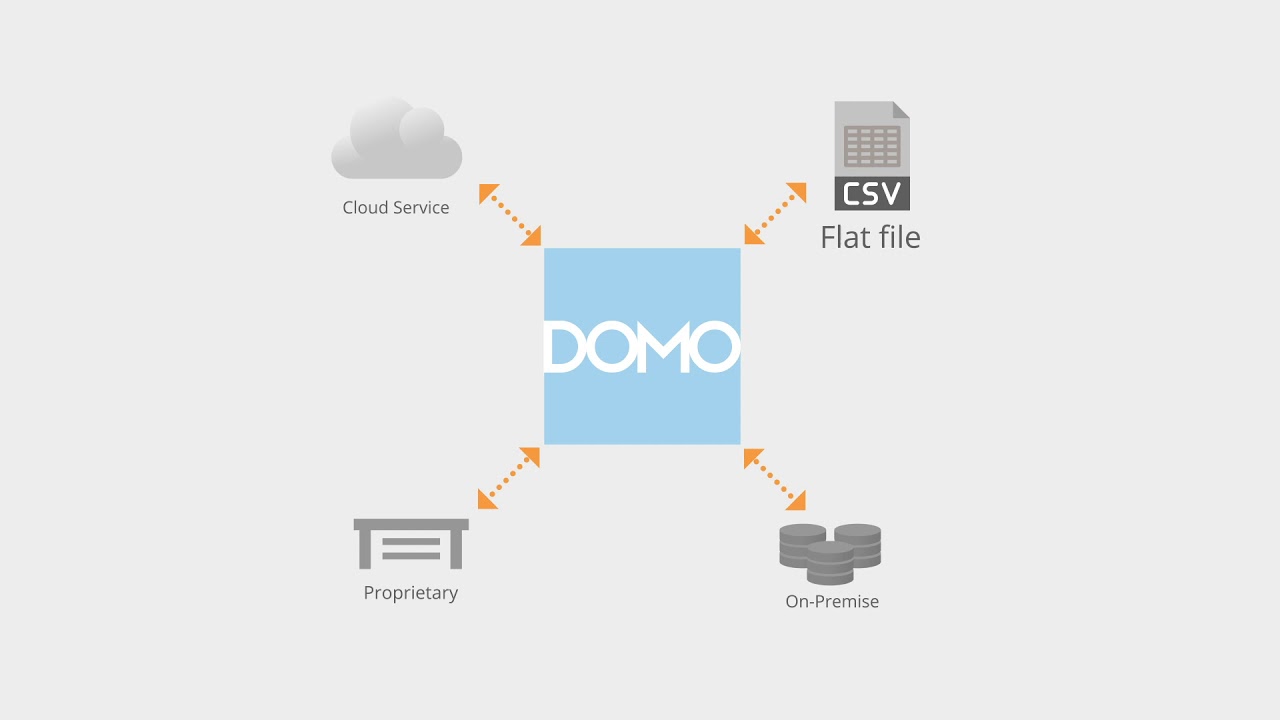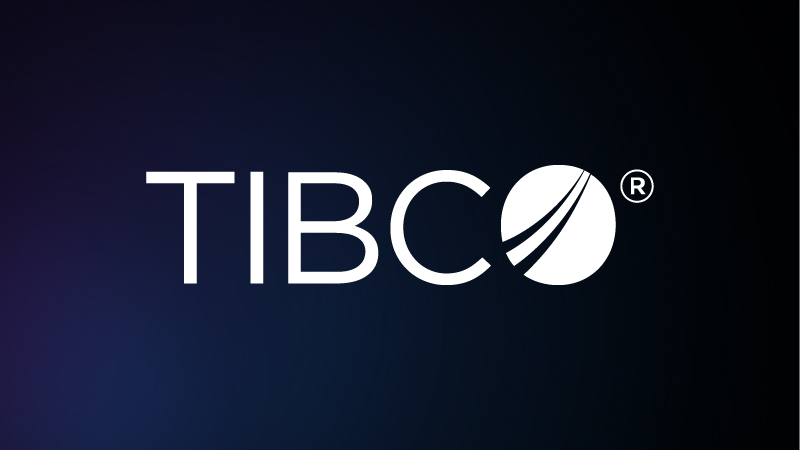Description
Introduction of DOMO Analytics:
Domo is the Business Cloud. It is a mobile, cloud-based, social, community-driven business intelligence platform with the power to transform the way you manage your business. Domo can help you view data in one place, democratize across your organization, socialize important goals, and create accountability. Domo represents a new breed of business management. It’s a single platform to manage your entire business. It brings your people and the data they rely on, together in one place. Finally, you can connect to, analyse and share your data for a smarter business and a better life.
Prerequisites of DOMO Analytics:
Here are the prerequisites for “Understanding DOMO Analytics”:
1.Basic Knowledge of Data Analytics
– Familiarity with data concepts, including metrics, KPIs, and data types.
2. Understanding of Business Intelligence (BI)
– Prior exposure to BI tools or concepts (e.g., dashboards, reports).
3. Proficiency in Microsoft Excel or Google Sheets
– Knowledge of spreadsheet tools for data manipulation and analysis.
4. Foundational SQL Skills(Optional but Recommended)
– Ability to write basic queries for data retrieval and transformation.
5. Familiarity with Cloud Platforms (Optional)
– Basic understanding of cloud environments and data integration.
6. Access to DOMO Platform
– A working account on the DOMO platform for hands-on practice.
TABLE OF CONTENT
1. EXPLANATIONS TO SYMBOLS
2. TECHNICAL DOCUMENTATION – ECODESIGN
3. TECHNICAL DATA
3.1. Spare part overview exploded diagram
3.2. Spare part overview article numbers of DOMO PGI
3.3. Dimensions of DOMO PGI without external combustion air
3.4. Amount of fuel
3.5. Dimensions of DOMO PGI with external combustion air
3.6. Technical data for DOMO PGI
3.7. Packaging
3.8. Electrical connection
4. IMPORTANT INFORMATION
4.1. General warning and safety information
4.2. First heating
4.3. Safety distances
4.4. Prior to set up
4.5. The correct chimney connection
4.6. Convection air conduction
5. BRIEF INFORMATION ON FUEL – PELLETS
5.1. What are pellets?
5.2. Wood pellet specification according to ENplus – A1
5.3. Pellet container refilling during operation
5.4. Pellet storage
6. TECHNOLOGY AND SAFETY FUNCTIONS
6.1. Operating comfort
6.2. Top efficiency – lowest emissions
6.3. Pressure monitoring
6.4. Low-temperature shutdown
6.5. Electrical excess current protection
6.6. Automatic cleaning cycle
6.7. Component monitoring
6.8. Auger motor monitoring
6.9. Power failure (during heating)
6.10. Power failure (during the initial stage)
7. INSTALLING THE STOVE
7.1. Connection to the chimney
7.2. Connecting to a steel chimney
7.3. Combustion air
7.4. Feeding in external combustion air
8. ASSEMBLY/DISMANTLING STONE
9. COMFORT OPTIONS
9.1. Room sensor, Radio room sensor
9.2. Interface for various options
9.3. External room thermostat
9.4. External connection cable bridge
9.5. Option FIRENET
9.6. RIKA VOICE
10. MAINTENANCE
10.1. Open the combustion chamber door
10.2. Empty the ash drawer
10.3. Cleaning the door glass
10.4. Cleaning painted surfaces
10.5. Cleaning the fire trough
10.6. Cleaning the flame temperature sensor
11. CLEANING
11.1. Cleaning the convection air openings
11.2. Combustion air – intake
11.3. Cleaning the pellet container
11.4. Cleaning the flue gas channels
11.5. Checking seals
11.6. Bearings
11.7. Cleaning flue gas paths
12. PROBLEMS – POSSIBLE SOLUTIONS
12.1. Problem 1
12.2. Problem 2
12.3. Problem 3
13. INSTRUCTIONS FOR COMMISSIONING PROTOCOL
13.1. Operator instruction
14. GUARANTEE CONDITIONS
15. WARRANTY CONDITIONS
16. DISPOSAL INFORMATION
16.1. Information on the individual components of the device
16.2. Extract from the waste code of the European Waste List Regulation
16.3. Electronic Waste
17. COMPLIANCE WITH EU REGULATIONS
Conclusion
This course equips participants with the skills to leverage DOMO Analytics for data-driven insights and strategic decision-making. By the end, learners will confidently build interactive dashboards and optimize data workflows.
If you are looking for customized info, Please contact us here







Reviews
There are no reviews yet.